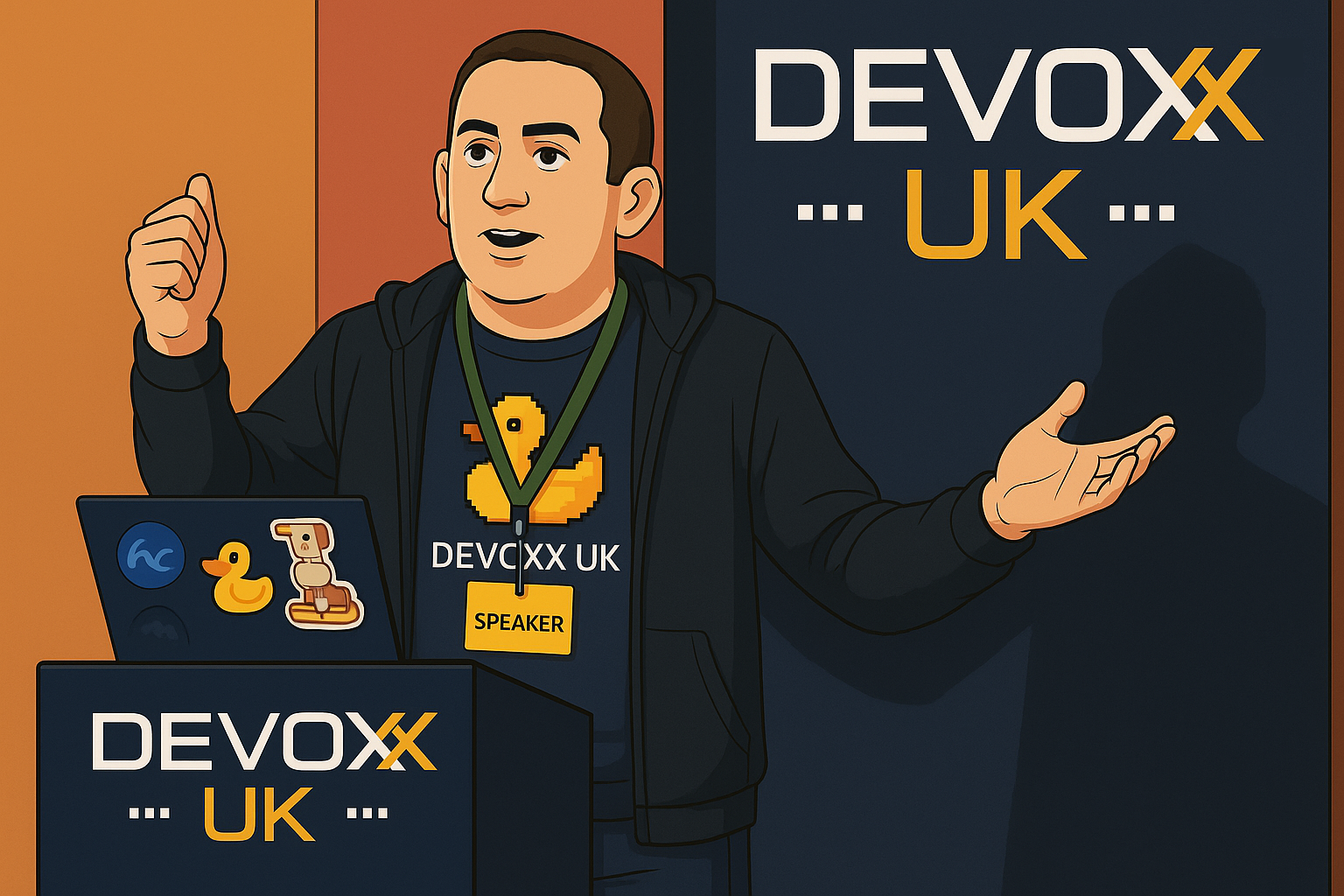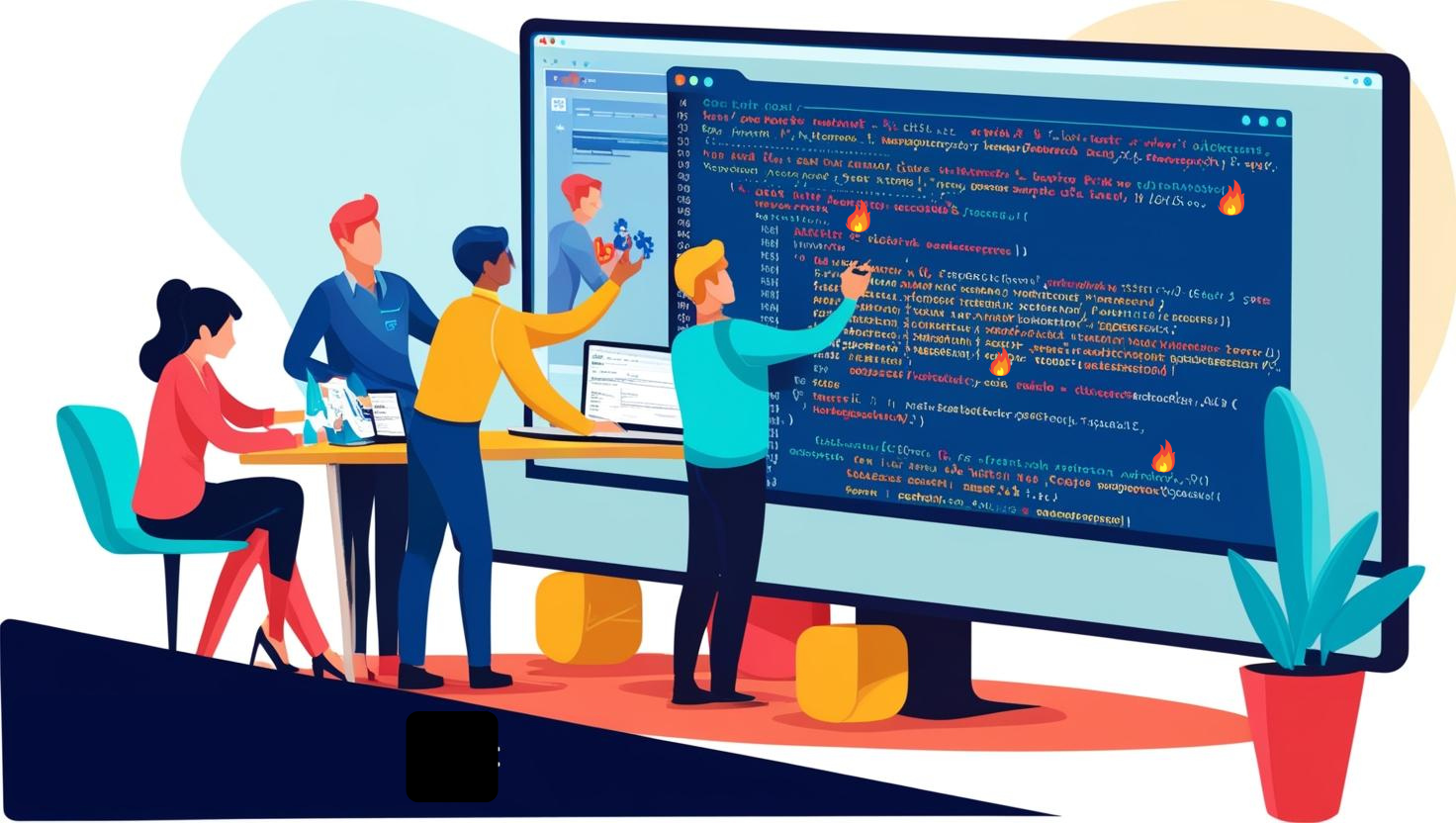You’re probably imagining the aforementioned mentor as a wise white-haired sensei one step away from retirement, but here’s the kicker – it’s a colleague 20 years my junior.
For the past few months, I have been working on a continuous career development process to help managers define each team member’s direction and pace of development. One of the steps of that process is collecting data on the employee’s skills. A part of that comes from self-assessment, but another part of the process is gathering mentor feedback. But who is their mentor after the initial onboarding process? Do they even have one?
Mentoring and onboarding they’re so often used interchangeably. But mentoring should be a continuous process, not limited to the first few months when a new employee is just catching the ropes. In the old Japanese movies I grew up watching, there is always a “sensei,” a life teacher who instructs us, watches over us, and even comforts us when we are disappointed. We all need that in a working environment as well — someone whose judgment we trust and can talk to without reservations.
Soft skills can be pretty hard
We usually think of our mentor as someone older than us — from a technical standpoint, that is mostly true. A senior engineer teaches a mid, a mid teaches a junior, and age and seniority often overlap.
But we also need other skills, like communication, negotiation, conflict resolution, and organization. The further we advance in technical knowledge and move up the seniority ladder, the more we need these non-technical skills. They become essential in communication with other departments, discussion at the architectural level, negotiation with higher management, or if you, like me, change your role from a technical to a managerial one.
Saying no, working with “difficult” colleagues and team members, giving either praise or constructive criticism, and asking for help — we all think we know how to handle these situations until we find ourselves in them. This is when a mentor can help you with their knowledge and experience.
One of the pieces of advice I got from my first mentor was how to respond to criticism!
Imagine you receive an email criticizing you or your team. Your blood pressure soars after reading the first sentence, so naturally, as you’re foaming at the mouth, you start frantically typing objections, explanations, and denials. Spilling the bile, if you will. And you enter a several days-long charged correspondence without any benefit for either side.
My mentor at the time shared his secret recipe — If you are a little angry, postpone writing the answer for a while; if you are angrier, leave it until the afternoon; and if the situation is critical, leave it for tomorrow or even the day after. It takes time for both parties to calm down and reason about what is best for them.
A mentor half my age
Given my age and time in the industry, you’d think my mentor is about a hundred years old. But you would be wrong — my previous mentors were all younger than me, and some current ones are a whole generation younger. It’s not a matter of age but of the experience they can pass on to mentors.
You may be wondering who needs a mentor at my age. Well, imagine that, like me, you have over 20 years of experience with technology, and there is little you don’t know about it. One day you change your role and become a leader of one or two teams, or, for example, eight teams. 😉
How well do you think your technical knowledge will help you in your new role? Suddenly you are at the beginning, questioning yourself (as you should), how to do it, whether you’re making the right choices, and how it will all turn out.
Let’s face it; people are not programs; you don’t see the result of your actions immediately. Sometimes it takes years. A mentor who has gone through all that can literally “lead you by the hand” and help you become independent, gain experience, and become successful in your new role.
Making continuous mentorship a company standard
While many of us get by and find an unofficial mentor, systemizing continuous mentorship means everyone has access to the proper support, regardless of the time they spent in the company or the relationships they’ve managed to build there. Often those who most need a mentor will have the most difficult time finding one through unofficial channels.
To achieve that, we need to raise the awareness of mentors and mentees. The mentees must accept that they will always have something to learn from their mentor(s) and are not just there to impart technical knowledge.
I often see younger generations ashamed to ask for help or admit to themselves or others that they need advice. Those with more experience tend to adopt Socrates’s maxim “I know that I know nothing” much better, though. But it also works the other way around — younger colleagues often don’t realize that they have something to offer to their older and, in many areas, more experienced counterparts.
Taking that into consideration, the first step would be to round up potential mentors — and mentor them first. There are already people like that in every company — the ones who lead by example, even unknowingly. We need to motivate those people to share their knowledge and experience. As they gain more experience (and confidence in their own particular skills), the mentees also become mentors, creating a continuous cycle of mentorship throughout the company.
A learning experience
There are many good ways to implement mentoring sessions, from 1:1 conversations, group sessions, workshops, shadowing, and casual (but regular), mentor-student socializing. I’m guessing that finding the right one for you (and us) will take some experimenting.
My favorites are one-on-ones, but if I have several mentees at a similar level, I also hold joint meetings. They are not as strictly defined as workshops, but I use examples from everyday work so that they learn from them. We comment on them, what we did well, what we didn’t do, how we could have reacted better, how we could have solved a problem more efficiently, etc. For mentees in the same role as you, shadowing and going with you to meetings and watching you react to and deal with problems is an invaluable experience.
My team and I, and hopefully the whole company, are moving towards continuous mentorship and exploring different ways of implementing it into company life. I will share our experiences along the way, but by all means, share yours with us. We can all learn from each other.
*This article was created through the Infobip Advocate program and originally published on ShiftMag.


